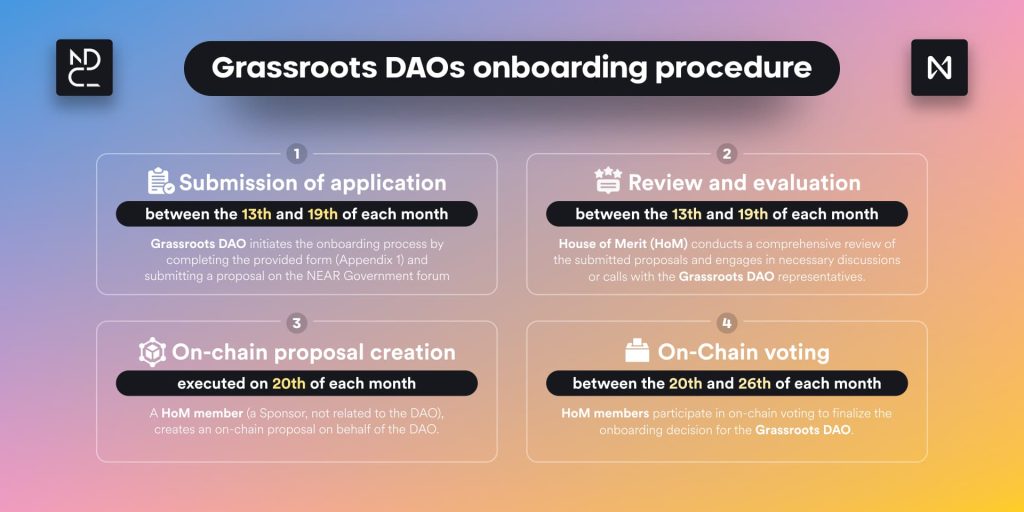Marketing is a powerful tool, but the impact can be far reaching. It has been used in every sphere of human activity. From marketing to advertising to public relations, marketing is used by most businesses in today’s world. Marketing is a set of processes designed to create awareness, shape behavior, or generate response to a product or service. Marketing is not only targeted towards selling products and services. Marketing also includes creating a need for a product or service, and evaluating the impact of marketing efforts to determine whether they are meeting the market demand.
Marketing is generally defined as the process by which organizations promote the sale of a product or service to the public. Marketing is the use of communication in order to inform customers about a product or service, and also to identify and qualify a potential customer’s needs. Marketing is an extremely active process and involves extensive research, development, testing, and monitoring. Marketing is the science of understanding your target audience, designing a product or service to meet their changing needs and tastes, analyzing your market and competitors, preparing the marketing strategy, measuring the results, communicating the results, controlling and optimizing the campaign, and controlling or influencing the price.
Marketing management is a complex process that incorporates many marketing concepts. The four main components of marketing management are creative, technical, institutional/fiscal, and strategic/market evaluation. Creative marketing includes the idea and creation of new ideas and formulations; generating exciting and compelling advertisements; and using media to communicate with consumers. Technical marketing focuses on the delivery, processing, and sales aspects of the product or service. Institutional marketing focuses on the marketing practices of larger organizations, and institutional buyers. Strategic marketing is concerned with the selling techniques and strategies of smaller organizations.
Marketing involves several components such as advertising, selling, and customer relations. Advertising is a form of communication that informs consumers about a product or service. Most marketing messages are focused on the benefits of the product or service, potential uses, and convincing consumers that they need the product or service. Selling is an act of creating and persuading consumers to make a purchase or at least consider making a purchase. In order for marketers to effectively sell their products, they must be able to attract customers.
Marketing also includes the concept of coordinating marketing strategies. Coordinated marketing is a term that describes a system that enables marketers to coordinate the advertising and selling activities of companies. This concept is very important because it enables marketers to take full advantage of their consumers’ interests. A coordinated marketing program may involve national, local, and regional marketing efforts. Also, companies may participate in national marketing efforts by participating in trade shows, providing discounts to consumers, offering rewards for purchases, and other similar methods.
Marketing myopia refers to the tendency to focus only on a small portion of the market, causing marketers to fail in their overall marketing efforts. Marketing myopia can prevent marketers from realizing the full potential of their product concept. Other factors that affect marketers ability to market include lack of resources, poor timing, competition from similar products, geography, and the market concept itself. As stated earlier, all these factors contribute to marketers inability to properly market their products or services. In conclusion, marketers must learn to overcome marketing myopia if they want to improve their business.




